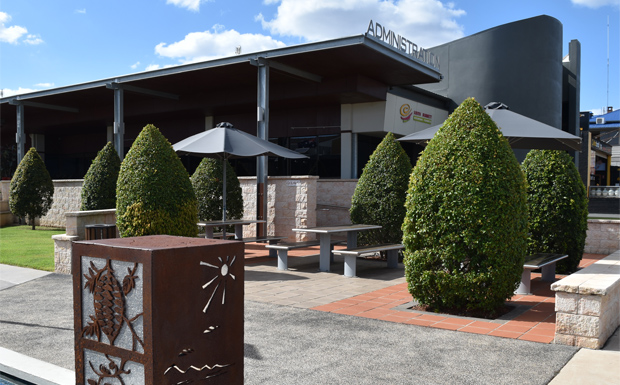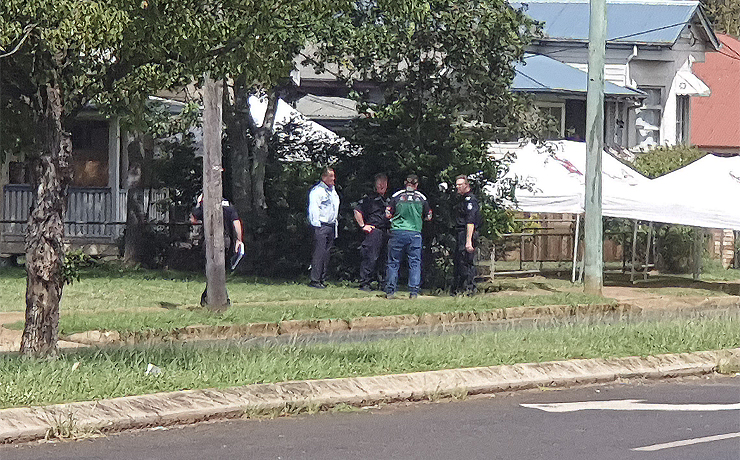September 4, 2020
Biosecurity Queensland is urging poultry owners to have good biosecurity measures in place after avian influenza was detected on six more farms in Victoria.
Queensland poultry owners have been encouraged to prevent contact between poultry and wild birds (eg. protect their feed and use chlorinated water).
However, pre-emptive culling of wild birds is not an appropriate response as it is not known to have any impact on the spread of the disease.
Poultry owners have also been urged to prevent contact between their birds and visitors who may have had contact with poultry, aviary or wild birds.
People who keep 100 or more poultry, or 100 or more birds that have been released into free flight since they started being kept in captivity (eg. pigeons), must have up-to-date biosecurity entity registration.
Avian influenza can be confused with a number of other diseases with similar clinical signs. Early detection and reporting any unusual signs is essential for rapid control of the disease.
In very severe forms the disease appears suddenly and birds can die very quickly (within 24 hours).
Signs of the disease include:
- Depression
- Excessive lacrimation (secretion of tears)
- Coughing, sneezing and rales (rattling sound in the lungs)
- Swelling of the head, eyelids, comb, wattles and hocks
- Purple discolouration of the wattles, combs and legs
- Decrease in egg production
- Production of soft-shelled eggs
- Profuse watery diarrhoea
- Difficulty breathing
Any signs of avian influenza should be reported immediately to the Emergency Animal Disease Watch Hotline on 1800-675-888 or Biosecurity Queensland on 13-25-23.























